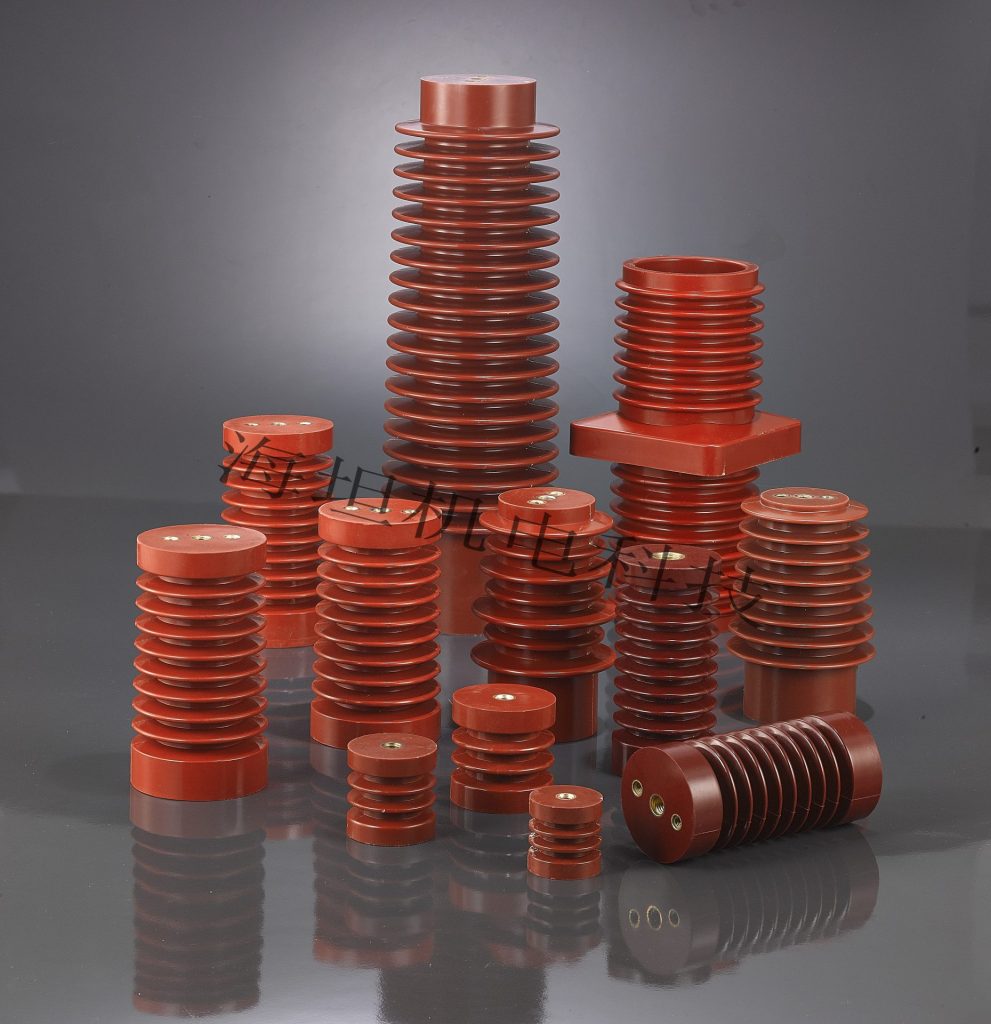Application of SB/JYZ Insulators in New Energy for Communication Cabinets
Introduction
As new energy systems and communication infrastructure rapidly expand, the demand for reliable insulation components becomes more critical than ever. SB insulators and JYZ insulators play a vital role in ensuring electrical safety, thermal protection, and stable operation in communication cabinets and energy storage systems. These specialized insulators for communication cabinets are designed to meet the increasing requirements of renewable energy, energy storage, and modern smart cabinet solutions.
This article explores the definitions, construction, working principles, and applications of SB and JYZ insulators, with a focus on their role in new energy communication cabinets.
What are SB and JYZ Insulators?
Definition of SB Insulators
SB insulators are electrical insulating components used to isolate and support conductive parts inside communication cabinets. They are designed to withstand high voltage, resist thermal stress, and provide long-term stability in harsh operating environments.
Definition of JYZ Insulators
JYZ insulators are widely used in new energy systems and communication cabinets for their superior dielectric properties and mechanical strength. They are often employed in energy storage systems where high reliability and resistance to electrical faults are essential.
Comparison of SB and JYZ Insulators
SB insulators: Primarily used in traditional and new energy communication cabinets for safe conductor separation.
JYZ insulators: Suitable for higher-voltage and energy-intensive applications, especially in energy storage and renewable energy systems.
Both provide excellent insulation but differ in their construction, material properties, and application environments.
Construction and Working Principles
SB Insulators in Communication Cabinets
SB insulators are typically made of epoxy or composite materials. Their structure allows them to securely fix and separate live conductors, preventing short circuits and maintaining system stability in compact cabinet designs.
JYZ Insulators in Energy Storage and New Energy Systems
JYZ insulators are designed for high mechanical strength and thermal endurance. In new energy communication cabinets and energy storage systems, they protect sensitive components against electrical stress and temperature fluctuations.
Electrical and Thermal Insulation Properties
Both SB and JYZ insulators provide:
High dielectric strength for safe operation under high voltage.
Thermal resistance to handle heat generated by power distribution.
Mechanical stability to withstand vibrations in cabinet environments.
Applications in New Energy Communication Cabinets
SB Insulator Applications
SB insulators are widely used in communication cabinets to:
Separate busbars and conductors.
Prevent arc discharge.
Improve system safety and reliability.
Use Cases in New Energy Communication Cabinets
Examples include base station cabinets, power distribution units, and smart communication enclosures.
Advantages in Reliability and Safety
Reduced risk of short circuits.
Improved insulation under high-voltage conditions.
JYZ Insulator Applications
JYZ insulators are used in energy storage cabinets and renewable energy systems for:
Battery connection protection.
High-voltage isolation.
Thermal and mechanical reinforcement.
Use Cases in Energy Storage Cabinets and Renewable Energy Systems
Solar energy storage cabinets.
Wind energy communication control cabinets.
Backup power supply systems.
Benefits for High Voltage Insulation and Energy Efficiency
Superior dielectric strength.
Reduced energy loss through better insulation performance.
Combined Use of SB/JYZ Insulators
In some systems, SB and JYZ insulators are deployed together to balance cost efficiency and performance.
Scenarios Where Both Types Are Used Together
Hybrid communication-energy storage cabinets.
Modular power distribution cabinets.
Optimization of Performance and Safety
By combining SB and JYZ insulators, manufacturers can achieve higher reliability while maintaining energy efficiency and compliance with safety standards.
Key Benefits of Using SB/JYZ Insulators
Enhanced Insulation and Safety
Ensures secure isolation of conductors in high-voltage environments.
Resistance to High Voltage and Temperature
Withstands harsh electrical and thermal conditions.
Long Lifespan and Low Maintenance
Durable materials reduce the need for frequent replacements.
Compliance with Industry Standards
Meets IEC and national safety regulations for energy and communication systems.
Considerations for Selection
Voltage and Current Ratings
Choose insulators based on the maximum operating voltage and current of the cabinet.
Material Properties
Epoxy resin, ceramics, or composites should be selected depending on the application.
Environmental Conditions
Resistance to moisture, dust, and vibration is essential in outdoor and renewable energy systems.
Cabinet Design Requirements
The insulator size, mounting method, and thermal endurance must match cabinet specifications.
Future Trends
Development of Insulation Materials
Research is focused on advanced composites with improved dielectric and thermal performance.
Innovations in SB/JYZ Insulator Technology
New designs aim at reducing weight while enhancing durability and efficiency.
Integration with Smart Cabinets and Energy Storage Systems
Next-generation communication cabinets will integrate IoT monitoring with insulation components for predictive maintenance and higher safety.
FAQ
Q1: What is the role of SB insulators in communication cabinets?
SB insulators isolate electrical conductors, ensuring safety and preventing electrical faults.
Q2: Why are JYZ insulators important in new energy applications?
They provide high dielectric strength and reliability in energy storage and renewable energy systems.
Q3: Can SB and JYZ insulators be used together?
Yes, combined use can enhance safety, optimize cost, and improve overall system efficiency.
Q4: How do I choose between SB and JYZ insulators?
Selection depends on voltage requirements, cabinet design, and environmental conditions.
Conclusion
SB/JYZ insulators are essential components for ensuring safe, efficient, and reliable operation in new energy communication cabinets and energy storage systems. By understanding their differences, applications, and benefits, engineers and system designers can make informed choices to optimize performance, safety, and compliance. With future innovations, SB and JYZ insulators will continue to play a central role in advancing renewable energy and smart communication infrastructure.
--- END ---
© Copyright 2024 China Haitan Electromechanical Technology Co., Ltd. All rights reserved.SUPPORT BY:JUNJ Privacy Policy



